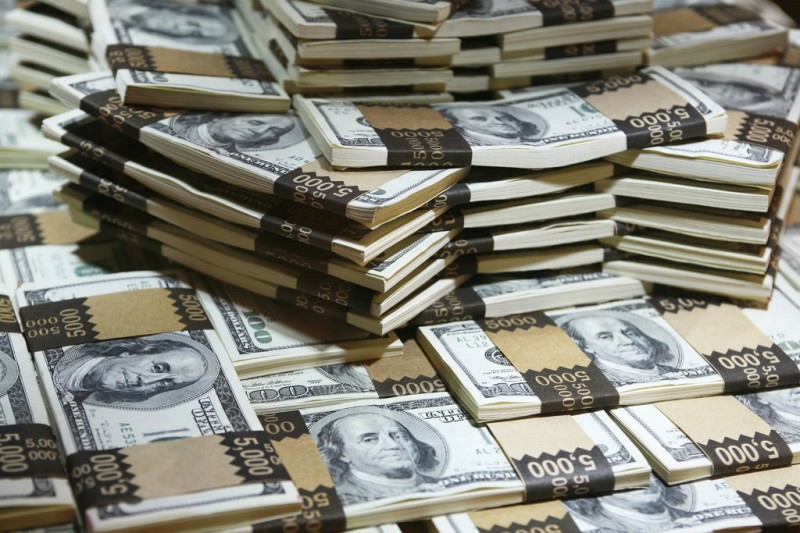The foreign inflow of capital into the banking sector fell to as low as $140 million in the second quarter of 2020, the lowest inflow since 2017

The foreign inflow of capital into the banking sector fell to as low as $140 million in the second quarter of 2020, the lowest inflow since the first quarter of 2017. This contrasts sharply with the $2.9 billion inflow reported in the first quarter this year
ByThe report was contained in the Capital Importation report published by the National Bureau of Statistics, as seen by Nairametrics. Nigeria has suffered foreign currency shortages since the crash in oil prices triggered an outflow of foreign portfolio investments out of the count
READ: Nigeria’s debt rises to $79.5 billion, as debt to revenue ratio worsens
The outbreak of the Covid-19 Pandemic has also affected foreign investments into emerging markets like Nigeria as investors flee to the safety of the risk-free assets in the United States. Some of the outflows have also been redirected to the United equities markets which have surged on the back of a tech bubble despite the Covid-19 pandemic.
Why the drop?
The drop in inflow into the banking sector is believed to be a fallout of the global economic crisis which has limited banking sector requirement for foreign investments either as debt or equity.
- The drop in inflow into the sector also correlates with the drop recorded in the money markets and equity.
- For example, inflows into these sectors fell to $533.9 million in the second quarter from $4.5 billion reported in the previous quarter.
- According to Nairametrics records, no bank has approached the Eurobond market since the pandemic started as the sector focusses on containing loan losses to shore up capital adequacy.
- In contrast, banks have resorted to commercial papers and bonds taking advantage of the low-interest-rate environment to raise capital.
- Another reason is the foreign currency risk associated with foreign currency-denominated capital in a deteriorating economy that is exposed to further devaluation and credit risks.
READ: Nigerian Stocks snap 7-year losing streak to post first gain in August
What this means: Covid-19 has been blamed for most of the challenges currently being faced in the economy. A fall in foreign investment inflow into the country can also be blamed on Covid-19 however much of this is also due to the low-interest-rate environment in the country.
Some of the central bank policies such as restriction on OMO bills, LDR, and CRR ratios have also contributed to the drop in interest rates.




No comments :
Post a Comment